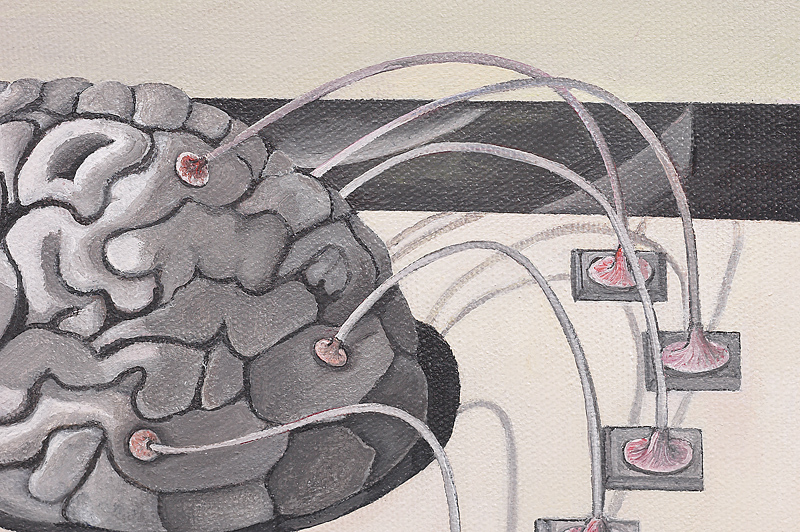TUESDAY, Aug. 30, 2016 (HealthDay News) — While news reports about Zika have mainly focused on how the virus affects developing fetuses, researchers have identified an adult man with a previously unreported neurological problem tied to the virus.
The Zika virus has already been linked to a birth defect called microcephaly, in which a baby has an underdeveloped head and brain, and Guillain-Barre syndrome. Guillain-Barre can cause weakness and paralysis of the legs, arms, face and breathing muscles.
In the new case study, researchers reported on a 62-year-old man from Honduras who was infected with Zika while traveling in Venezuela. The man developed problems with his sensory nerves while the infection was active. His condition, called sensory polyneuropathy, took several months to improve.
People who experience this condition have a decreased ability to move or feel (sensation) because of nerve damage.
This is the first confirmed case of sensory polyneuropathy tied to Zika infection, according to Dr. John England. He is chairman of the World Federation of Neurology’s Work Group on Zika. England is also chairman of neurology at Louisiana State University Health New Orleans School of Medicine.
The report by England and his colleagues from Honduras and Venezuela was published online Aug. 29 in the Journal of Neurological Sciences.
Study first author Marco Medina said that this case “suggests a probable direct viral inflammatory process affecting sensory nerves.” But the investigators can’t exclude an autoimmune cause for the man’s symptoms, he noted in an LSU news release.
Medina, dean of the faculty of medical sciences at the Universidad Nacional Autonoma de Honduras, is also a member of the WFN Zika Work Group.
More information
The U.S. Centers for Disease Control and Prevention has more on the Zika virus.
This Q & A will tell you what you need to know about Zika.
To see the CDC list of sites where Zika virus is active and may pose a threat to pregnant women, click here.
Copyright © 2026 HealthDay. All rights reserved.

